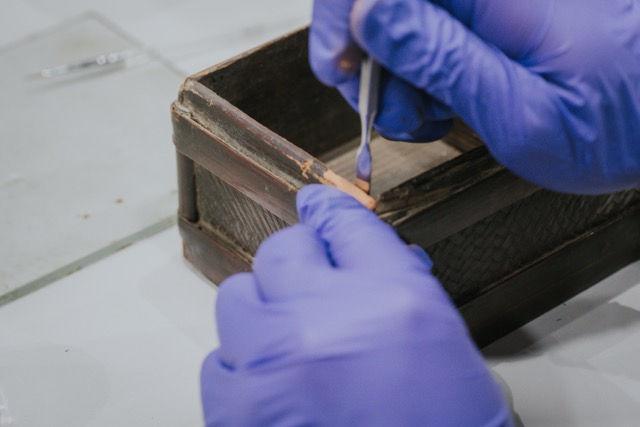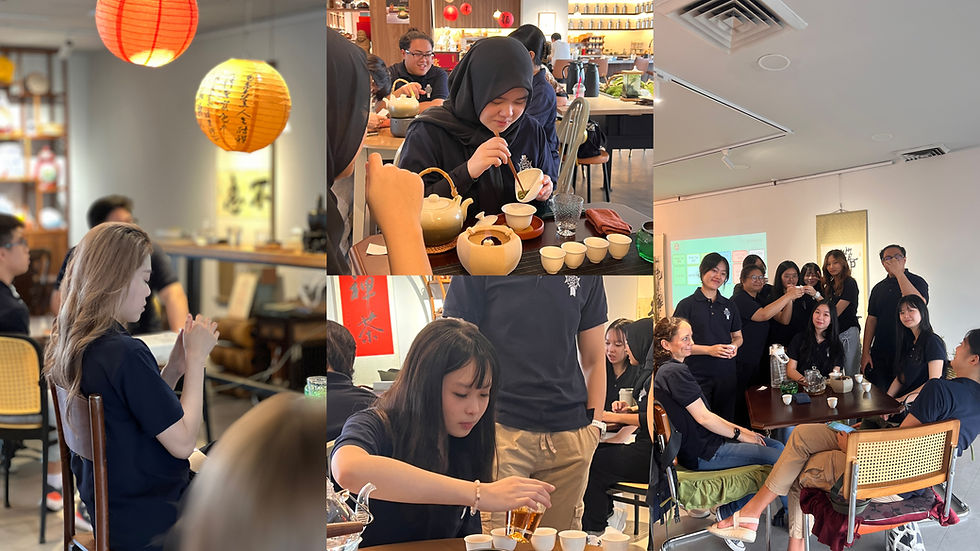The Story of Tea: How a Leaf Changed History
- Hi Tea Malaysia

- Nov 21, 2024
- 3 min read
茶文化故事:一片茶叶如何改变历史?

Tea, a small and seemingly simple leaf, has profoundly influenced human history. From its origins in remote mountains to its role in global trade routes, tea is more than just a beverage—it’s a cultural bridge connecting civilizations. Let’s explore how tea has left its mark on history.
The Tea Horse Road: A Lifeline Between East and West
In ancient China, tea was not only a drink but also a valuable commodity. During the Tang and Song dynasties, tea was transported along the "Tea Horse Road" to Tibet, Nepal, and beyond.
This perilous trade route allowed merchants to exchange tea for horses, which were essential for the military power of the central Chinese dynasties. Every pack of tea bricks endured treacherous journeys through mountains and rivers, becoming a crucial part of Tibetan life in the form of butter tea. The Tea Horse Road was not just a trade route but also a cultural link between regions.
British Afternoon Tea: The Birth of an Aristocratic Tradition
Tea arrived in Europe during the 16th century via maritime trade routes. Initially, it was a luxury reserved for royalty and the elite. By the 19th century, however, tea had evolved into a cultural phenomenon in Britain—afternoon tea.
This tradition is said to have been initiated by Anna, the Duchess of Bedford, who found the time between lunch and dinner unbearably long. She began enjoying tea with light snacks in the afternoon, and soon, this habit gained popularity among the upper class. Tea was no longer merely a drink; it became a social event, complete with elegant teaware and delicate pastries that reflected the refined British lifestyle.
The Boston Tea Party: A Revolution Sparked by Tea
In the late 18th century, tea played a pivotal role in American history. When the British government imposed taxes on tea in its American colonies, the colonists rebelled.
In 1773, disguised as Native Americans, Boston residents boarded ships of the British East India Company and dumped tea into the harbor in protest. This event, known as the Boston Tea Party, became a symbol of defiance and a catalyst for the American Revolutionary War. Tea, in this case, was not just a drink but a spark for independence.
Tea's Global Impact
Today, tea is far more than a beverage; it is an essential part of cultural identity worldwide. From Japanese tea ceremonies to Indian chai and Turkish black tea, tea has been embraced and adapted by different societies in unique ways.
Each tea leaf carries the memory of history, connecting ancient trade routes to modern cultural exchanges. The next time you hold a cup of tea, take a moment to reflect on how this small leaf has shaped our world.
So,
A single tea leaf might seem insignificant, but its influence on history is profound. From the Tea Horse Road to British afternoon tea and even its role in revolution, tea’s story is rich and diverse. It reminds us that even the simplest things in life can have extraordinary significance. When drinking tea, you are savoring not only its aroma and flavor but also its deep historical and cultural heritage.
参考资料
《中国茶叶史》,关于茶马古道的起源与贸易背景。
《Afternoon Tea: The English Tradition》,描述英国下午茶文化的形成与发展。
《The Boston Tea Party: Symbol of Freedom》,记录波士顿倾茶事件的历史意义。
《The Story of Tea: A Cultural History and Drinking Guide》,探讨茶叶在全球文化中的传播与影响。




Comments